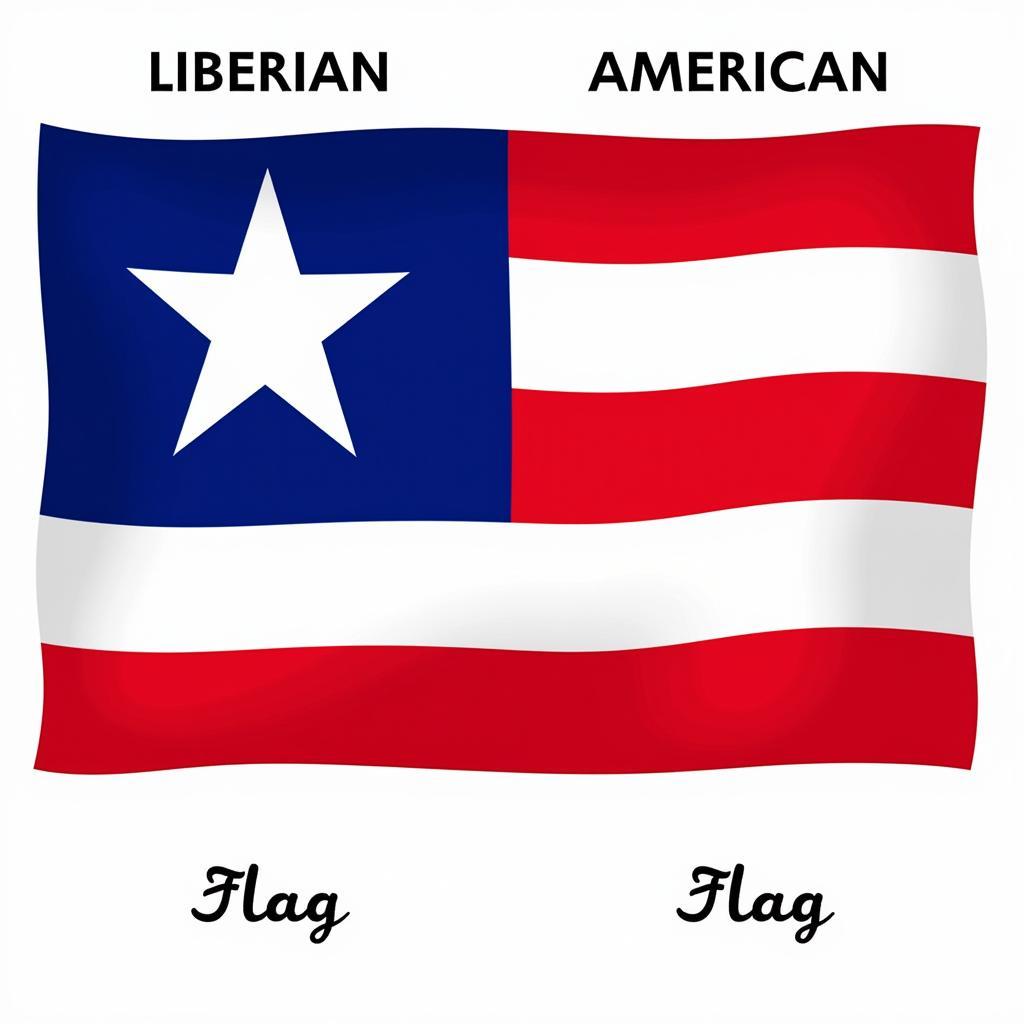African American Fiction: A Journey Through Storytelling and Identity
African American Fiction has become a powerful force in contemporary literature, exploring themes of race, identity, and social justice with raw honesty and captivating narratives. It delves into the unique experiences of Black people in America, offering insights into their history, struggles, triumphs, and aspirations. In this article, we’ll delve into the world of African American fiction, exploring its evolution, key themes, influential authors, and the impact it has on American literature and society.
Exploring the Roots of African American Fiction
The roots of African American fiction can be traced back to the early days of slavery in the United States. Enslaved Africans, denied the right to literacy, found ways to express themselves through oral storytelling, music, and folk traditions. The narratives they created, often passed down through generations, provided a crucial outlet for preserving their history, culture, and resilience.
The first African American novel, “The Narrative of the Life of Frederick Douglass, an American Slave,” published in 1845, was a groundbreaking work that brought the horrors of slavery to the attention of a wider audience. Douglass’s story, told with brutal honesty and poignant introspection, helped shape the abolitionist movement and influenced generations of writers who came after him.
Key Themes in African American Fiction
African American fiction often explores a range of themes that reflect the experiences of Black people in America. These themes include:
- Race and Identity: African American fiction confronts the pervasive issue of racism and its impact on the lives of Black individuals. It explores the complexities of navigating a society where racial prejudice is deeply ingrained.
- Social Justice: Many African American writers use their work to address social injustices and advocate for equality. They highlight systemic inequalities, police brutality, and the ongoing struggle for civil rights.
- Family and Community: African American fiction often emphasizes the importance of family and community in the face of adversity. It explores the dynamics of family relationships, the role of community support, and the enduring strength of kinship bonds.
- History and Memory: African American writers delve into the history of slavery and its legacy, exploring the impact of historical trauma and the ongoing quest for healing and reconciliation.
Notable African American Authors and Their Works
The field of African American fiction boasts a rich tapestry of talented authors whose work has left an indelible mark on American literature:
- Toni Morrison: A Nobel Prize winner, Morrison’s works, including “Beloved” and “The Bluest Eye,” are renowned for their lyrical prose, exploration of race, gender, and history, and their powerful portrayal of Black female experiences.
- James Baldwin: Known for his searing honesty and unflinching critiques of racism and American society, Baldwin’s “Go Tell It on the Mountain” and “Another Country” are considered classics of African American literature.
- Alice Walker: Walker’s “The Color Purple,” a Pulitzer Prize-winning novel, explores the lives of Black women in the American South with a powerful blend of realism, spirituality, and social commentary.
- Maya Angelou: An iconic figure in American letters, Angelou’s autobiography “I Know Why the Caged Bird Sings” is a coming-of-age story that offers a moving account of her childhood and early adulthood as a Black woman in America.
Impact of African American Fiction
African American fiction has had a profound impact on American literature and society. It has:
- Expanded Literary Canon: African American fiction has enriched the literary landscape by introducing new voices, perspectives, and themes that were previously marginalized.
- Promoted Social Change: By bringing to light the realities of racism and social injustice, African American fiction has been a catalyst for social change, raising awareness and inspiring activism.
- Shaped National Identity: African American fiction has challenged traditional narratives and helped redefine the American story, offering a more nuanced and inclusive understanding of the nation’s history and its present.
Frequently Asked Questions
Q: What are some of the most recent African American fiction releases?
A: African American fiction new releases 2019 offers a glimpse into contemporary works exploring themes of identity, social justice, and family dynamics.
Q: What are some examples of African American non-fiction books?
A: African American non fiction and African American non fiction 2015 provide excellent starting points for discovering powerful memoirs, historical accounts, and cultural critiques.
Q: How can I learn more about African American studies in elementary school?
A: African American studies elementary school offers resources and insights into incorporating African American history and culture into the elementary curriculum.
Q: What are some examples of Black superheroes in comic books?
A: African American superman explores the representation of Black characters in superhero narratives and their impact on popular culture.
Conclusion
African American fiction continues to be a vital force in American literature. Its captivating narratives, exploration of important themes, and powerful voices have contributed to a more inclusive and richer understanding of the human experience. By immersing yourself in these works, you can gain invaluable insights into the struggles, triumphs, and resilience of Black people in America.


